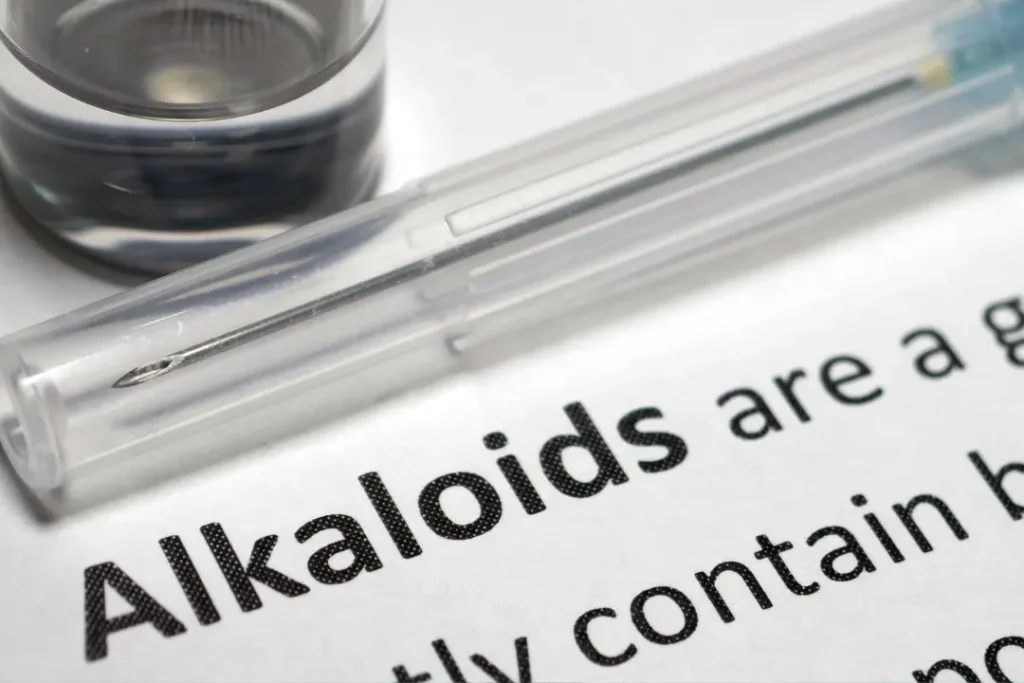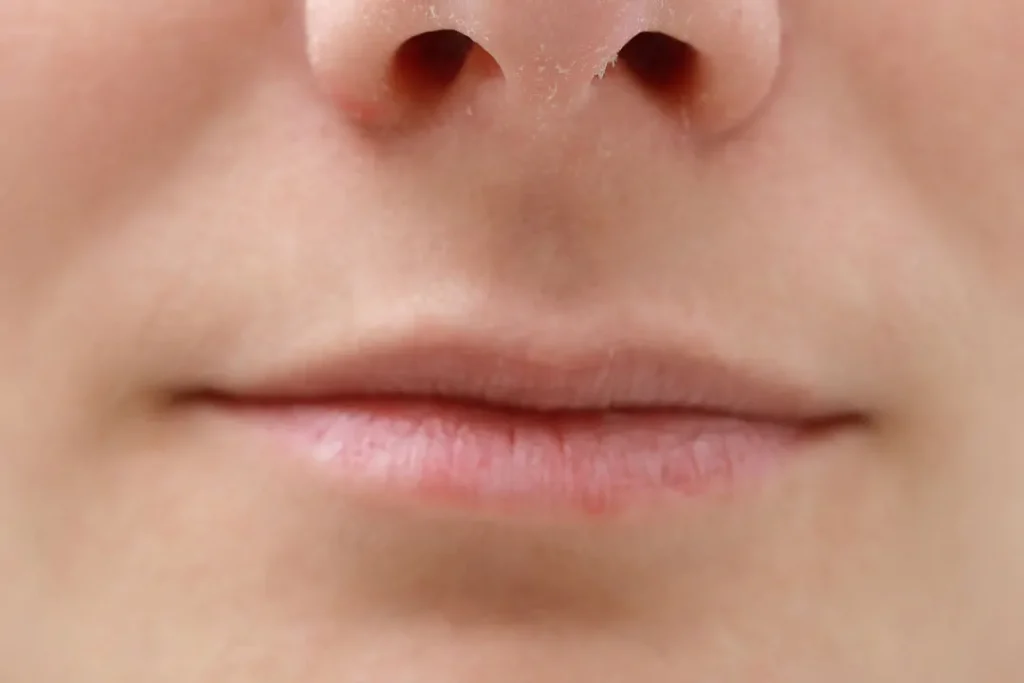The herb Datura wrightii, sometimes called sacred Datura or jimsonweed, has long been valued for its curative qualities. The purpose of this article is to help as you examine the properties of Datura wrightii, including its advantages for health, recommended dose, possible negative effects, possible drug interactions, and appropriate usage as a nutritional supplement. We shall also examine its chemistry and physiological processes of action on the body and brain in greater scientific depth.
You May Also Like:
What Are the Best Mushrooms for Brain Health? Here Are the Facts.
5 Things to Consider When Choosing the Best Mushrooms for Mental Health
Datura wrightii: Benefits, Dosage, Side Effects, Drug Interactions, and Other Important Information is an original (NootropicsPlanet) article.
Nature of Datura wrightii
The Solanaceae family includes the perennial herbaceous plant known as Datura wrightii. It is indigenous to North America and is spread in a number of areas, including Mexico and the southern United States. The plant may reach a height of 1- 2 meters and has trumpet-shaped, white blooms and thorny fruits that are packed with seeds.
Health Benefits of Datura wrightii
Numerous bioactive substances, including alkaloids like atropine, hyoscyamine, and scopolamine, are present in Datura wrightii. The possible health advantages of the plant are brought on by these alkaloids. The ingestion of Datura wrightii should be treated cautiously because its powerful effects; this admonition is vital to highlight.
- Analgesic Properties: Some of the alkaloids in Datura wrightii have analgesic effects, which may help with pain sensations.
- Respiratory illnesses: Datura wrightii ingredients may have bronchodilatory actions that could aid with illnesses like asthma and bronchitis.
- Traditional Medicine: Native American cultures have historically used various Datura wrightii components for ceremonial and medical uses. Datura wrightii has been used in traditional medicine to cure ailments like digestive problems, muscular spasms, and sleeplessness.

Chemistry of Datura wrightii
Alkaloids, which make up the majority of the chemical composition of Datura wrightii, play a major role in the plant’s physiological effects. Datura wrightii contains atropine, hyoscyamine, and scopolamine as its primary alkaloids. These alkaloids are part of a group of substances called tropane alkaloids, which are distinguished by their bicyclic structure.
A tropane ring linked with a pyrrolidine ring is fundamental to the chemical structures of atropine, hyoscyamine, and scopolamine. These alkaloids work by attaching to and inhibiting certain receptors in the body, especially muscarinic acetylcholine receptors, to produce their desired effects. These alkaloids provide a variety of pharmacological effects by opposing the action of acetylcholine.

Physiological Mechanisms of Action
- Atropine, hyoscyamine, and scopolamine produce strong anticholinergic action. They inhibit muscarinic receptors by competitive blocking, which prevents acetylcholine from binding. As a result, the sympathetic nervous system becomes more active, and the parasympathetic nervous system becomes less active. This, in turn, has an impact on a number of physiological reactions, such as heart rate, muscle tone, and glandular secretions.
- Impact on the Central Nervous System: Scopolamine in particular has a significant effect on the central nervous system. It easily penetrates the blood-brain barrier and attaches to brain muscarinic receptors. Its sedative, psychedelic, and deliriant properties are all a result of its method of action.
- Bronchodilation: The bronchodilatory properties of the alkaloids in Datura wrightii make them potentially helpful for respiratory diseases including asthma. These alkaloids reduce tension in the smooth muscles of the airways by inhibiting muscarinic receptors.
- Analgesic Effects: Hyoscyamine, one of the alkaloids found in Datura wrightii, has been shown to have analgesic effects. Although the precise process is unknown, the inclusion of the central nervous system’s regulation of pain pathways is hypothesized as part of this process.

Optimal Dosage of Datura wrightii
To guarantee safe ingestion, it is important to stress to you that due to its potential negative effects, self-medication or experimenting with Datura wrightii is strongly prohibited. Alkaloids in the plant have the potential to have hallucinogenic and deliriant effects, making them inappropriate for recreational or social usage.
There are no established dose recommendations for Datura wrightii as a dietary supplement as of yet. It is important for you to seek the opinion of a licensed healthcare provider or herbalist who can offer precise and individualized guidance based on a person’s unique health situation and needs.
Side Effects of Datura wrightii
The consumption of Datura wrightii may result in a range of side effects, which can vary depending on the dosage, route of administration, and individual sensitivity.
- The alkaloids of Datura wrightii function as anticholinergic substances, causing symptoms including dry mouth, impaired vision, elevated heart rate, and urine retention.
- Delirium and hallucinations: Datura wrightii causes delirium and strong hallucinations. These side effects have the potential to be harmful and unsettling.
- Toxic substances are present in Datura wrightii and an overdose can cause severe toxic symptoms, such disorientation, convulsions, and even death.

Substance Interactions with Datura wrightii
Datura wrightii may interact with various compounds, including as prescription pharmaceuticals, herbal supplements, and illicit narcotics due to its complex alkaloid profile. Among the most crucial factors are:
- Depressants of the Central Nervous System: The use of Datura wrightii with sedatives, such as alcohol or benzodiazepines, might raise the risk of respiratory and depressive disorders of the central nervous system.
- Monoamine Oxidase Inhibitors (MAOIs): A subclass of antidepressants known as MAOIs has the potential to interact with the alkaloids found in Datura wrightii, resulting in the possibility of serotonin syndrome, a potentially fatal illness.
Responsible Uses of Datura wrightii
Responsible usage is crucial given the possible dangers linked with Datura wrightii. If you utilize it at all, it should be done so under the direction and care of a licensed healthcare provider or herbalist. It is essential to strictly stick to the advised dosage and use caution while thinking about potential drug interactions.
Despite acknowledgement for its possible health advantages, Datura wrightii should be used with caution due to its high alkaloid content. Further scientific study of the plant’s traditional applications, analgesic effects, and possible respiratory advantages is necessary. However, safe usage under expert supervision is essential to reduce hazards because of its hallucinogenic and potentially poisonous effects. We may understand the potential of Datura wrightii by comprehending its nature, chemistry, and physiological mechanisms, but it also requires knowledgeable and responsible decision-making.
Datura wrightii:
Conclusion
Datura wrightii is a potent herb long used in medicine practiced by Native Americans, and now in medicine practiced in other traditions locally and globally. It is powerful in so far as it has significant efficacy in the amelioration and prevention of serious health ailments. It is also powerful in terms of its potential for detriment and harm if misused. Research and consultation with health professionals are urged in order for you to remain as safe as possible while using Datura wrightii., minimizing likelihood of physical harm, psychological trauma, or death. Once a customized dose has been determined for you, use of Datura wrightii could yield noticeably positive effects on your health.
References:
- “Effects of adaptogens on the central nervous system and the molecular mechanisms associated with their stress-protective activity.” Retrieved from: https://www.mdpi.com/1424-8247/3/1/188
- “Datura wrightii (Sacred Datura).” Retrieved from: https://www.gardenia.net/plant/Datura-wrightii
- “Alkaloids of the Genus Datura: Review of a Rich Resource for Natural Product Discovery.” Retrieved from: https://pubmed.ncbi.nlm.nih.gov/33946338/
Important Note: The information contained in this article is for general informational purposes only, and should not be construed as health or medical advice, nor is it intended to diagnose, prevent, treat, or cure any disease or health condition. Before embarking on any diet, fitness regimen, or program of nutritional supplementation, it is advisable to consult your healthcare professional in order to determine its safety and probable efficacy in terms of your individual state of health.
Regarding Nutritional Supplements Or Other Non-Prescription Health Products: If any nutritional supplements or other non-prescription health products are mentioned in the foregoing article, any claims or statements made about them have not been evaluated by the U.S. Food and Drug Administration, and such nutritional supplements or other health products are not intended to diagnose, treat, cure, or prevent any disease.


